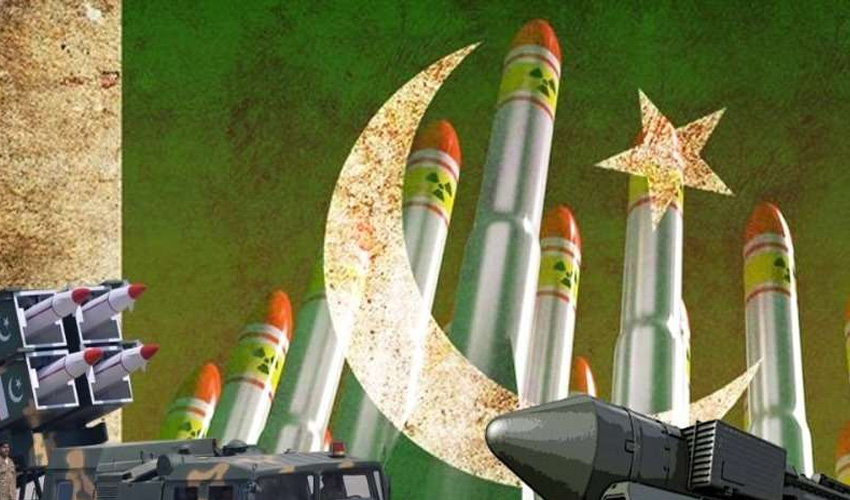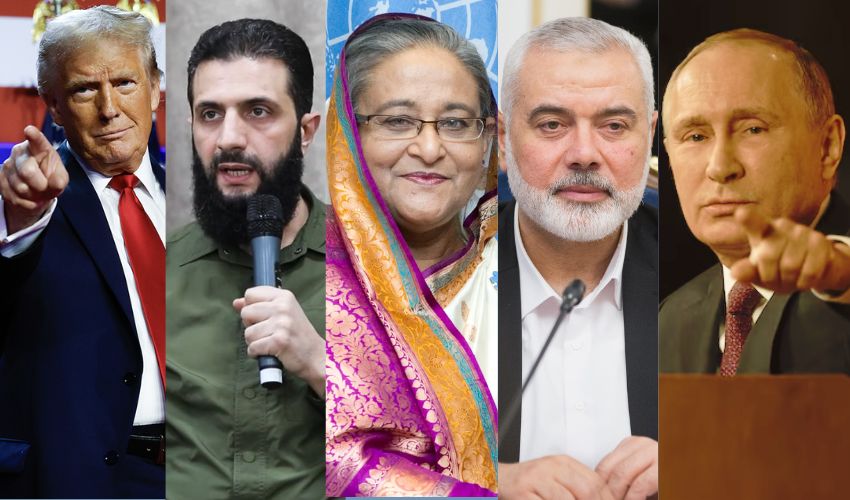On May 28, Pakistan celebrated Youm-e-Takbeer, commemorating the historic day in 1998 when Pakistan conducted its first successful nuclear tests. This day is a significant milestone in Pakistan’s history, symbolizing the country’s entry into the exclusive club of nuclear-armed states.
However, the celebration this year sparked controversy and debate as the contributions of scientists like Dr. Abdul Qadeer Khan were conspicuously absent from the publicized narratives and imagery. Instead, political figures such as Nawaz Sharif, Shehbaz Sharif, and Zulfikar Ali Bhutto were prominently featured. This omission speaks volumes about the larger issues plaguing Pakistan’s education system and societal attitudes towards scientists and intellectuals.
Dr. Abdul Qadeer Khan, often referred to as the father of Pakistan’s nuclear program, played a pivotal role in achieving nuclear capability. His contributions, along with those of his team, were instrumental in ensuring Pakistan’s security and strategic deterrence. The erasure of such critical figures from the narrative during national celebrations raises questions about the recognition and value of scientific contributions in Pakistan.
Crisis in Pakistan’s education system
The lack of acknowledgment for scientists reflects deeper issues within Pakistan’s education system. Pakistan’s education sector has long been criticized for its inadequate emphasis on science and technology. Despite being a nation with immense potential, the country faces several challenges:
1. Underfunding of education: Pakistan spends a meager percentage of its GDP on education, leading to under-resourced schools, insufficient teacher training, and outdated curricula. This underfunding particularly affects the sciences, where practical experiments and modern equipment are essential.
2. Brain drain: Many talented scientists and researchers leave Pakistan in search of better opportunities abroad. This brain drain results from a lack of research facilities, funding, and professional recognition within the country.
3. Curriculum and pedagogy: The education system often focuses on rote learning rather than critical thinking and innovation. This approach stifles creativity and discourages students from pursuing careers in science and research.
4. Societal attitudes: There is a societal tendency to prioritize careers in medicine, engineering, and business over pure sciences. Scientists are not celebrated or incentivized in the same way as professionals in other fields.
Ignoring the contributions of scientists like Dr. AQ Khan during national celebrations has far-reaching consequences. It sends a message to the younger generation that scientific achievements are not valued, potentially deterring future scientists. This neglect undermines the importance of research and innovation, which are crucial for national development and progress.
The way forward
To rectify this situation, Pakistan needs a multifaceted approach:
1. Increased investment in education: The government must allocate more resources to the education sector, particularly for science and technology. Modernizing laboratories, providing research grants, and improving teacher training can significantly enhance the quality of science education.
2. Recognition and incentives: Recognizing and celebrating the contributions of scientists can inspire the younger generation. National awards, media coverage, and inclusion in public narratives can elevate the status of scientists.
3. Curriculum reforms: Updating the curriculum to focus on critical thinking, problem-solving, and practical application of scientific concepts can foster a culture of innovation and inquiry.
4. Encouraging research and development: Establishing more research institutions and providing funding for scientific research can help retain talented scientists within the country. Collaborative efforts with international institutions can also enhance research capabilities.
The celebration of Youm-e-Takbeer without acknowledging the scientists who made Pakistan’s nuclear achievements possible is a stark reminder of the issues within Pakistan’s education system and societal values. By investing in education, recognizing scientific contributions, and fostering a culture of innovation, Pakistan can ensure that future generations of scientists receive the recognition and support they deserve. This, in turn, will drive the nation towards greater scientific achievements and sustainable development.



























